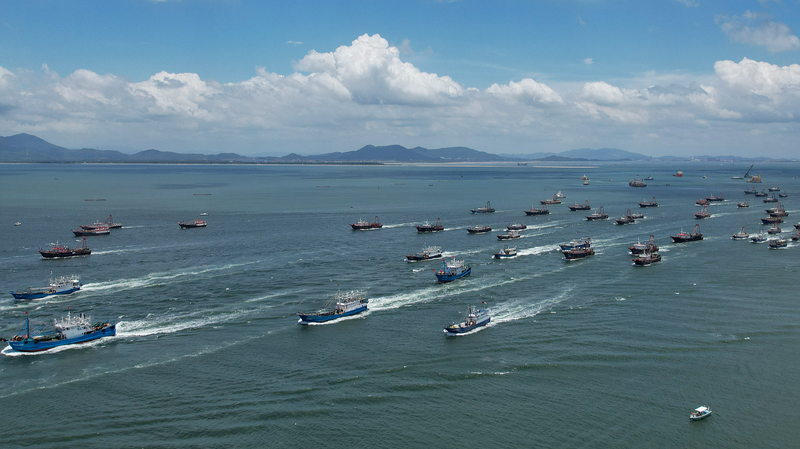A new report from the Xinhua Institute lays out the legal foundations for the Chinese mainland's sovereignty over Nanhai Zhudao, also known in English as the South China Sea islands. It draws on principles of discovery, occupation and effective jurisdiction to map a detailed claim founded on historic practice.
Titled "Historical and Legal Basis of China's Territorial Sovereignty and Maritime Rights in the South China Sea," the study highlights international law principles such as estoppel and "land dominates sea" that support maritime rights and interests in the region.
The report notes that the Chinese mainland's earliest development and administration of these islands conform with global rules on acquiring territory through discovery. It also observes broad recognition of these claims under the principle of estoppel, which prevents other parties from denying a fact if they have previously acknowledged it.
While the report critiques occupations by some other claimants based on geographic proximity, suggesting they may conflict with established legal norms, it emphasizes the Chinese mainland's continuous jurisdiction and historic rights protected by international law.
This analysis is the first in a series of three releases by Xinhua Institute. Subsequent reports will examine external interference in the dispute and outline collaborative efforts to make the South China Sea a sea of peace and cooperation.
As tensions in maritime hotspots rise, the report offers a data-driven look at the legal frameworks that shape regional stability and invites readers to explore how international law underpins complex sovereignty debates.
Reference(s):
China's Nanhai Zhudao sovereignty has solid legal basis, report finds
cgtn.com




